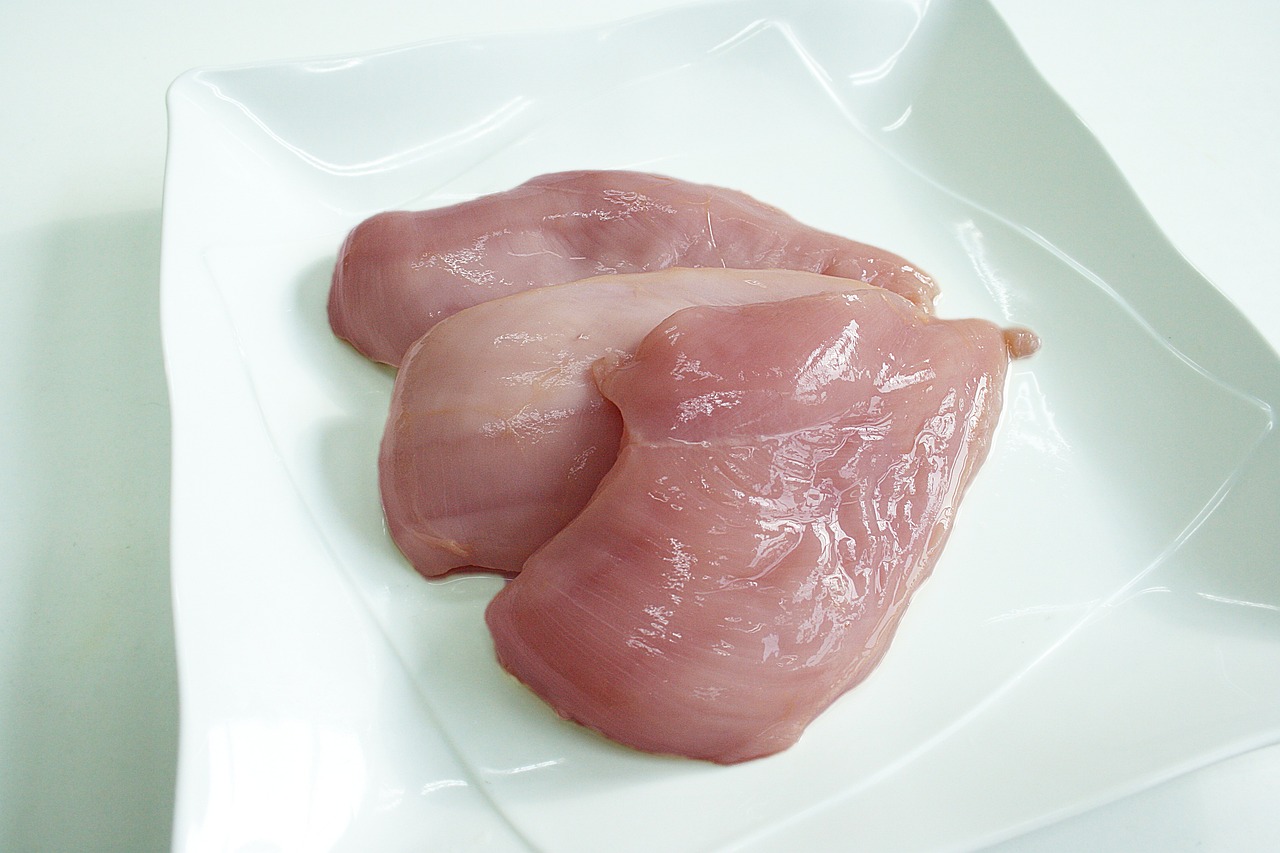Trends in Plant-Based Diets for Dogs and Cats: Goldbet.com registration, Tiger exchange login, Betbook247
goldbet.com registration, tiger exchange login, betbook247: Plant-based diets for dogs and cats have been gaining popularity in recent years as more pet owners are choosing to feed their furry friends a diet free of animal products. This trend is driven by a variety of factors, including concerns for animal welfare, environmental sustainability, and potential health benefits for pets. In this article, we will explore the growing trend of plant-based diets for dogs and cats, the benefits and challenges associated with this dietary choice, and provide some tips for pet owners considering making the switch.
The Rise of Plant-Based Diets for Pets
Plant-based diets for dogs and cats are becoming increasingly mainstream as more pet owners become aware of the impact of animal agriculture on the environment and animal welfare. Many pet owners are also choosing plant-based diets for their pets due to concerns over the quality of traditional pet foods, which can contain by-products, fillers, and other questionable ingredients.
In recent years, several companies have emerged that specialize in producing plant-based pet foods, making it easier than ever for pet owners to provide their furry friends with a balanced and nutritious plant-based diet. These companies offer a wide range of options, including kibble, wet food, and treats, ensuring that pet owners can find a plant-based diet that meets their pet’s nutritional needs.
Benefits of Plant-Based Diets for Pets
There are several potential benefits associated with feeding dogs and cats a plant-based diet. One of the primary benefits is the reduced environmental impact of plant-based diets compared to traditional meat-based diets. Animal agriculture is a significant contributor to greenhouse gas emissions, deforestation, and water pollution, making plant-based diets a more sustainable choice for environmentally conscious pet owners.
Plant-based diets for pets may also offer health benefits, such as improved digestion, reduced risk of obesity, and fewer allergies. Some pet owners have reported that their pets have more energy and shinier coats after switching to a plant-based diet, although more research is needed to fully understand the long-term effects of plant-based diets on pets’ health.
Challenges of Plant-Based Diets for Pets
While there are many potential benefits of plant-based diets for pets, there are also some challenges to consider. One of the main challenges is ensuring that pets receive all the nutrients they need to thrive on a plant-based diet. Dogs and cats have specific dietary requirements that must be met to ensure optimal health, including protein, vitamins, and minerals that are typically found in animal products.
Pet owners considering switching their pets to a plant-based diet should work closely with a veterinarian or pet nutritionist to create a balanced and nutritionally complete meal plan for their pets. Supplements may also be necessary to ensure that pets are receiving all the essential nutrients they need to stay healthy on a plant-based diet.
Tips for Transitioning to a Plant-Based Diet
If you are considering transitioning your dog or cat to a plant-based diet, here are some tips to help make the transition as smooth as possible:
1. Start slow: Gradually introduce plant-based foods into your pet’s diet to allow their digestive system to adjust to the change.
2. Choose high-quality plant-based pet foods: Look for plant-based pet foods that are specifically formulated to meet the nutritional needs of dogs and cats.
3. Monitor your pet’s health: Keep a close eye on your pet’s health and behavior after switching to a plant-based diet, and consult with a veterinarian if you have any concerns.
4. Consider supplements: Some essential nutrients, such as taurine for cats, may be lacking in plant-based diets, so consider adding supplements to ensure your pet is getting all the nutrients they need.
5. Be patient: It may take time for your pet to adjust to a plant-based diet, so be patient and give them time to get used to their new food.
FAQs
Q: Is a plant-based diet suitable for all dogs and cats?
A: While plant-based diets can be appropriate for many dogs and cats, some pets may have specific dietary requirements that cannot be met on a plant-based diet. Consult with a veterinarian before making any changes to your pet’s diet.
Q: Can dogs and cats thrive on a plant-based diet?
A: With careful planning and attention to the nutritional needs of dogs and cats, many pets can thrive on a plant-based diet. Work closely with a veterinarian to ensure that your pet is receiving all the essential nutrients they need to stay healthy.
Q: Are there any risks associated with feeding pets a plant-based diet?
A: While plant-based diets can offer many benefits, there are potential risks if not properly balanced. Ensure that your pet is receiving all the essential nutrients they need, and consult with a veterinarian if you have any concerns about your pet’s health.
In conclusion, plant-based diets for dogs and cats are a growing trend driven by concerns for animal welfare, environmental sustainability, and potential health benefits for pets. While there are challenges associated with feeding pets a plant-based diet, with careful planning and attention to their nutritional needs, many pets can thrive on a plant-based diet. Before making any changes to your pet’s diet, consult with a veterinarian to ensure that your furry friend is receiving all the essential nutrients they need to stay healthy and happy.







